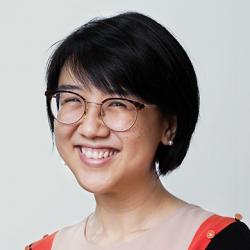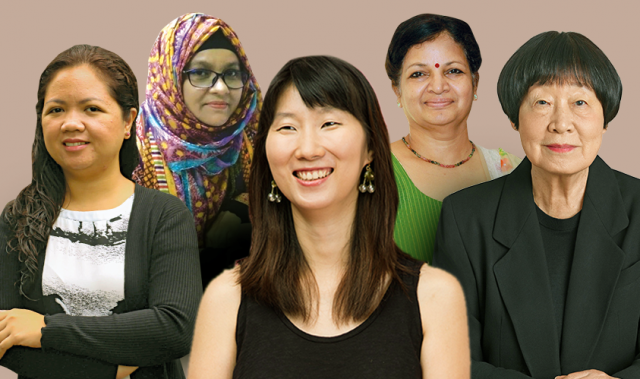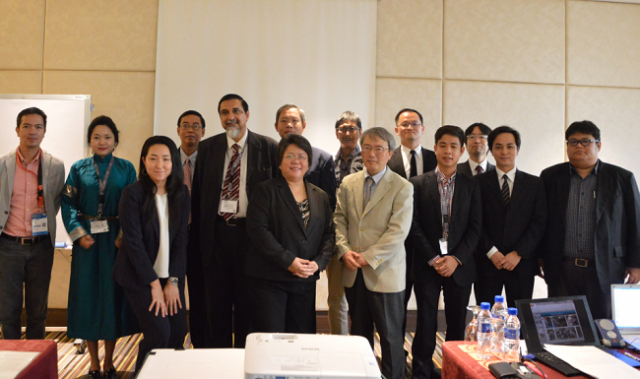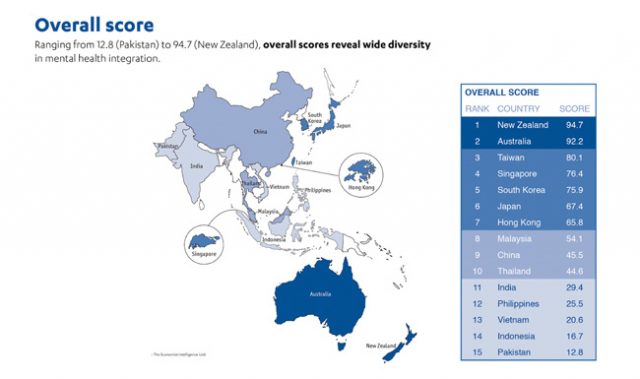
AsianScientist (Jul 11, 2014) – Sanofi Pasteur, the vaccines division of the pharmaceutical company Sanofi, have published the full results of the highly anticipated Phase III trial for their candidate dengue vaccine in The Lancet.
The tetravalent live attenuated vaccine, CYD-TDV, showed a modest efficacy against symptomatic dengue of 56 percent, a nonetheless marked improvement over an earlier Phase II trial conducted in Thailand which showed only 33 percent efficiency. Importantly, the vaccine showed an 89 percent reduction in dengue hemorrhagic fever, a life-threatening complication of the disease.
Dengue incidence has increased 30 fold over the past 50 years in Asia, a region which bears 75 percent of the global burden of dengue. A recent study by Brandeis University researchers showed that the estimated economic burden of dengue in Southeast Asia alone is close to US$1 billion each year. There is currently no specific treatment for the disease, and the development of a vaccine has been complicated by the concurrent circulation of four different dengue strains.
Sanofi Pasteur’s randomized multicenter trial involved 10,275 children between the ages of 2 and 14 years from five dengue endemic countries: Indonesia, Malaysia, the Philippines, Thailand and Vietnam. The children received three injections of the vaccine at six monthly intervals and were followed for the next 25 months.
The vaccine was shown to be 75 percent effective against dengue serotypes 3 and 4, 50 percent against serotype 1, but only 35 percent effective against serotype 2, resulting in an overall efficiency against all four strains of 56 percent.
Furthermore, the vaccine was shown to be much less effective in younger children (aged 2-5 years), the group most affected by the disease. The vaccine was also shown to be less effective in children who had never been exposed to the virus before, suggesting that the vaccine acts in such a way as to boost and broaden the existing immune response rather than generate new protective immunity.
Despite the incomplete and strain-specific protection, the vaccine was nonetheless able to reduce dengue hemorrhagic fever by 89 percent, thereby making a profound impact on hospital admissions and dengue-related deaths. It also demonstrated a good safety profile, with similar rates of serious adverse events in the vaccine and control groups.
As the only successful dengue vaccine to have made it to Phase III clinical trials, the Sanofi Pasteur CYD-TDV vaccine could play an important role in the public health response against dengue, despite its moderate efficacy. Having invested over 20 years of research and approximately US$1.77 billion on the dengue vaccine, Sanofi Pasteur is keen to bring the vaccine to market, and has already built a production site in Lyon capable of producing 100 million doses a year.
Other pharmaceutical companies currently developing dengue vaccines include Takeda, which acquired Inviragen in 2013 and is in the midst of Phase II trials for the vaccine DENVax, and Merck, currently in Phase I trials for a dengue vaccine acquired during the 2010 purchase of Hawaii Biotech’s vaccine research unit.
The article can be found at: Capeding et al. (2014) Clinical Efficacy and Safety of a Novel Tetravalent Dengue Vaccine in Healthy Children in Asia: a Phase 3, Randomised, Observer-masked, Placebo-controlled Trial.
—–
Copyright: Asian Scientist Magazine; Photo: Antonia Esponda/Flickr/CC.
Disclaimer: This article does not necessarily reflect the views of AsianScientist or its staff.











